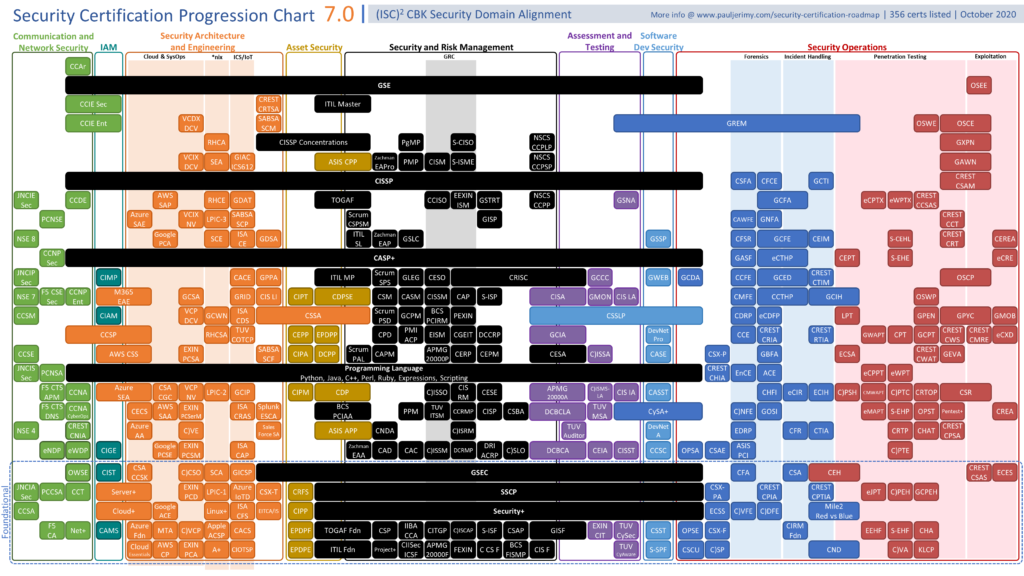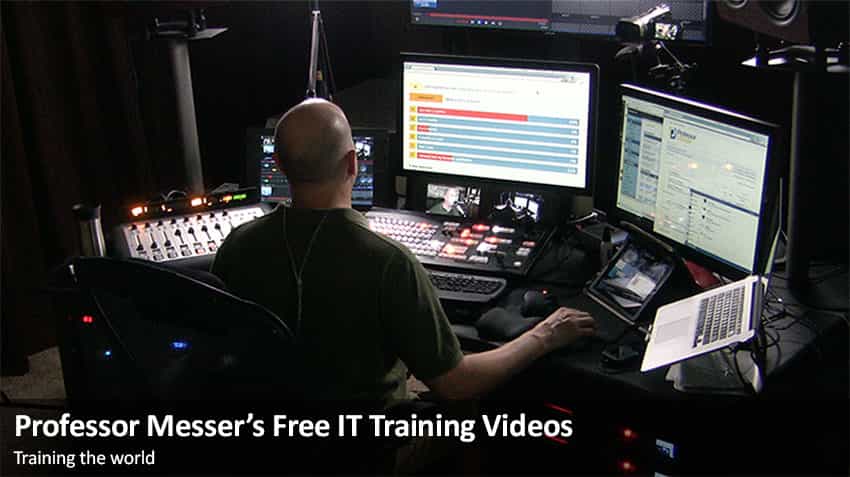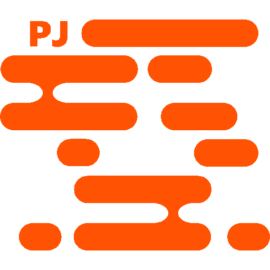How I got my A+, Network+, and Security+ certification in 3 months.

The same word we hear in so many places considering getting into the Information Technology Field is all very similar. you need to get certified, or get experience. One of the best ways without having to jump into jobs is to personally study certifications. Lets take a deep dive into that.
Introduction
If this is the first content you've gotten from me welcome! I'm a cybersecurity student at Missouri State University and while I haven't been in the industry for decades. I've got plenty of experience with training for becoming a cybersecurity expert that I wanted to share. You can find more about my journey on my about me page.
This article is just a small spinet of my current project I'll be releasing, a whole guide on certifications in the industry of Cybersecurity, so if you haven't already get signed up for my newsletter to hear when these new projects drop:
Choosing the certification
Choosing a certification path depends on your ultimate goals in the Information Technology Industry. For myself I wanted to build up my certifications to prove my knowledge in basic information technology skills to obtain a Security Analyst position. This is a great option for those coming from college degrees in Information Technology as many of the content will map to your course work. For others it might make more sense to jump to the higher certifications to save money or not have to over certify in specific areas.
I would love to be able to recommend small business here, but certifications are all based on the reputations of the company behind them. That is why CompTIA excels today for introductory certifications. they have maintained an excellent reputation throughout the industry and are widely recognized. While other certifications from smaller education companies might not be widely recognized as if your employer would see them they would not be familiar with how that certification is impactful. These tests will be a risk as the harder you go, and it is very possible that you can fail. Don't be discouraged by low test scores, take that as an opportunity to improve.
To avoid listing all certifications here. Paul Jerimy has already made an amazing map of recognized certifications in the industry and their skill level. it is a great way to map out a certification path for your specific industry.

Setting the goal
Goals are a great way to keep you on track especially when your schedule differs on the day to day. The common format that is always thrown around is SMART or the Specific, Measurable, Achievable, Relevant, and Time-Bound. This is a very good base point for my goal setting strategy:
For certifications my goals take the format of "I want to study X category during the (Morning / Evening)" I've avoided the mantra of setting specific time tables as each day might be different and I'm famously not very good at ensuring that I maintain that study schedule. Adopting these goals allow you to flex your time while also still achieving them. Giving myself a wider range of time to complete my task rather than constrained hours.
A good note with your goal is always that you want to at least learn something each day. even if you just spend 30 minutes on it. Balancing your time is good for your mental health and you need to remind yourself this throughout this process.
You are also more than likely always going to feel as if you are not ready for the test before you take it. That is normal! To ensure you keep yourself on track I recommend setting your test date with the certification early and keeping it there to set yourself a deadline.
Preparation Strategies
With any kind of certification you should always research the source and see what study sources they provide. CompTIA provides their exam objectives for their exams and it provides the topics that you will see on the exam and is the main basis of study.
When it comes to certifications. I have several different areas that I go to for studying:
- College course work
- Not applicable for everyone, but some courses follow the CompTIA book!
- Online courses pertaining to each certification (Paid)
- ITProTV
- Lab and project based training as well offered
- $59/month with lab, $39 without lab
- CBTNuggets
- Very similar product offering
- $59/month with lab
- ITProTV
- Practice exams

One of the best providers for exam testing
- Professer Messer (Of course)

- Self study
Out of all the areas this is the more difficult one to give you a "guide" for. This all depends on the certification and what you are working on. If it's the A+ build a computer or the hardware for a homelab, if its the Network+ practice building a corporate network using common tools, etc, etc. The self project that you work on really depends on what your goals are.
These projects are the best way to truly understand the content that you are working with though. if you can apply it there is no question that you will do well on the multiple choice question side of it.
I'm certified, what now?
Just because you got the certification doesn't mean the study just stops! For me it means that I move to my study resource, self study. I'm working on making home infrastructure, messing around with cloud computing servers, and other projects of physically applying what I learned in the tests to demonstrate to employers. You will find it a lot easier to talk about what you have learned when you can talk about projects or work that you have done!
Conclusion
Getting certified in 3 months was the culmination of work of my education so far. Starting out will be difficult and you will encounter lots of imposter syndrome, or having the feeling of self-doubt despite your accomplishments. Its a very very common problem in the information technology industry due to how broad it is. But as many say, Rome wasn't built in a day, 1% better each day is just that much closer to your end goal.
Feel free to reach out to me at my email olsontyler@proton.me if you need someone to talk to about certification or want additional advice or questions! I'd love to help you on your journey!







